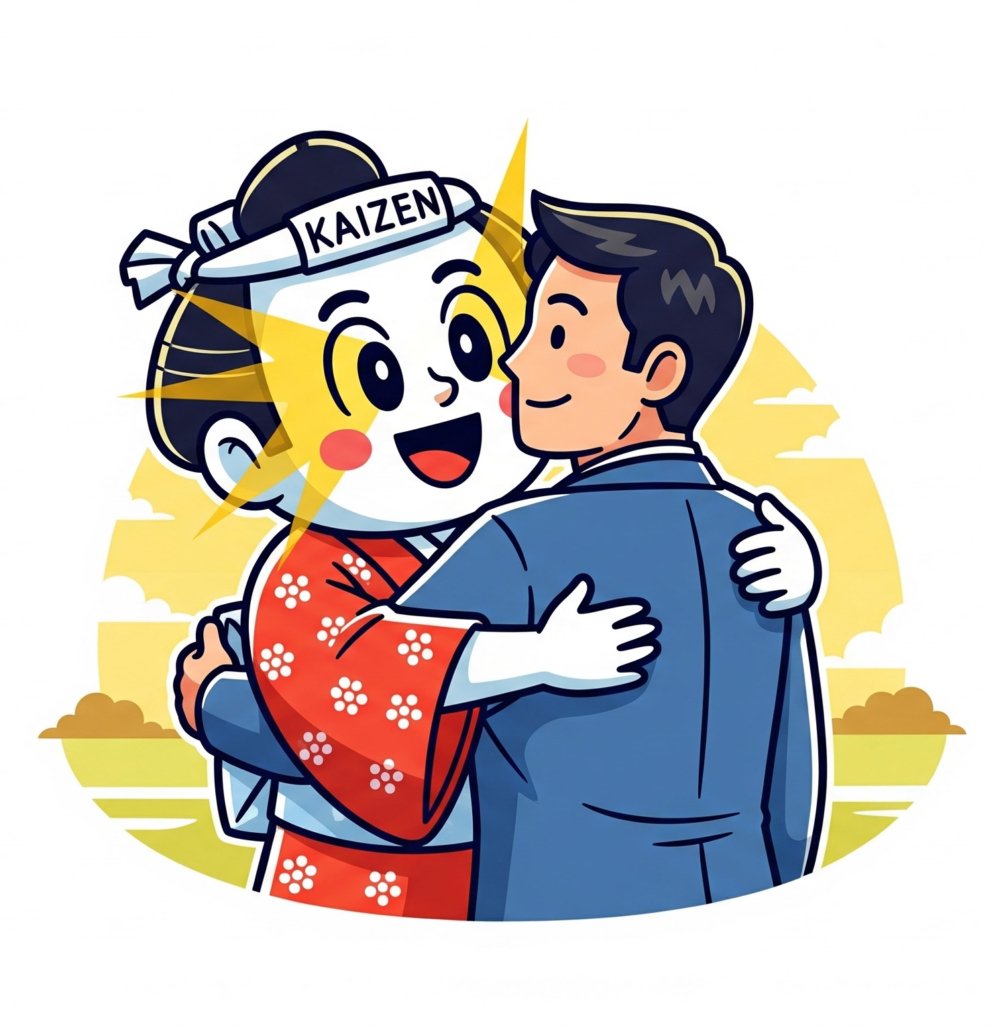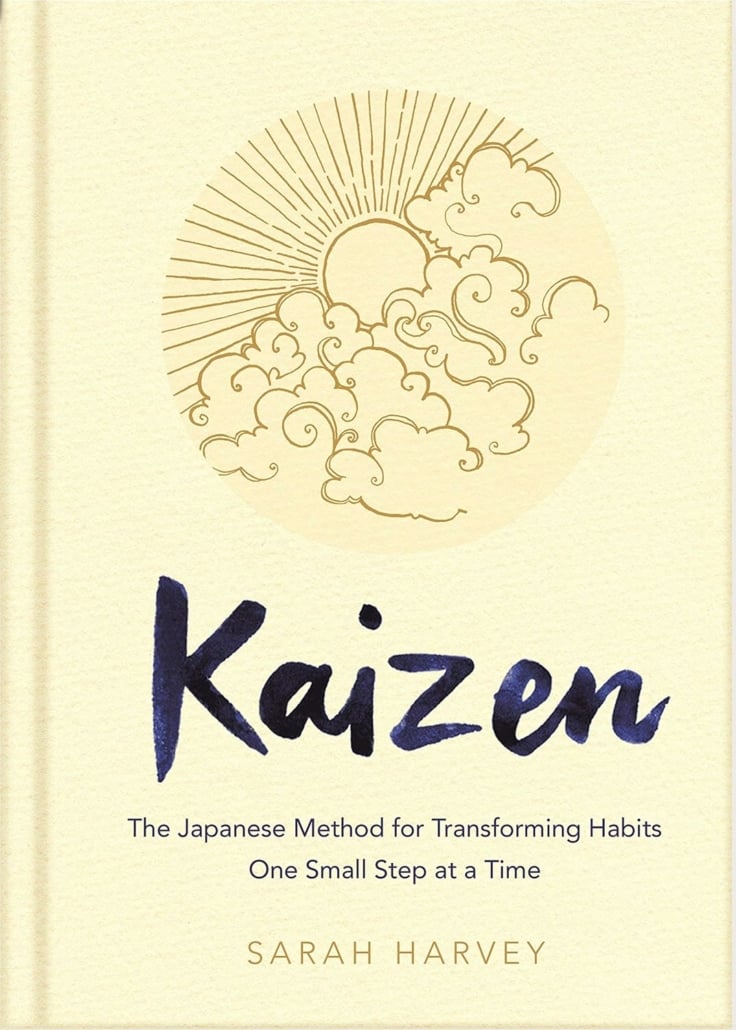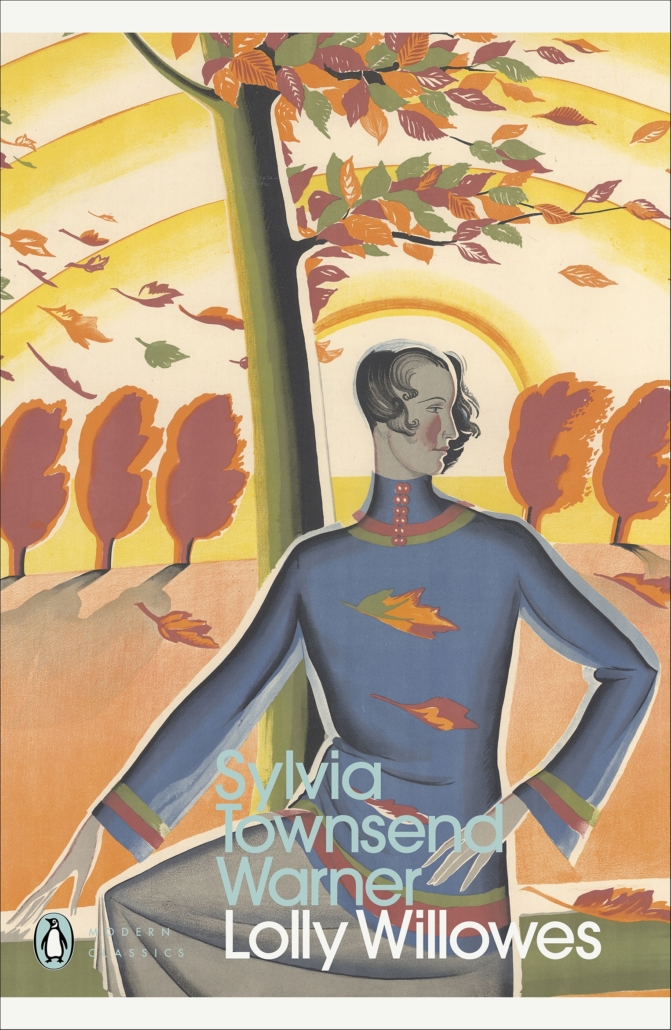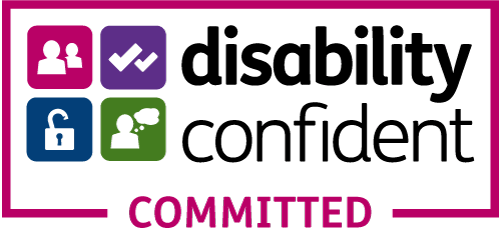Dopamine Nation – Dr. Anna Lembke
Dr. Anna Lembke’s Dopamine Nation: Finding Balance in the Age of Indulgence is an essential and eye-opening read for our modern world.
Far from a dry medical textbook, it’s a deeply compassionate and engaging look at why so many of us feel hooked on our habits, whether it’s scrolling social media, binge-watching TV, or using more serious substances.
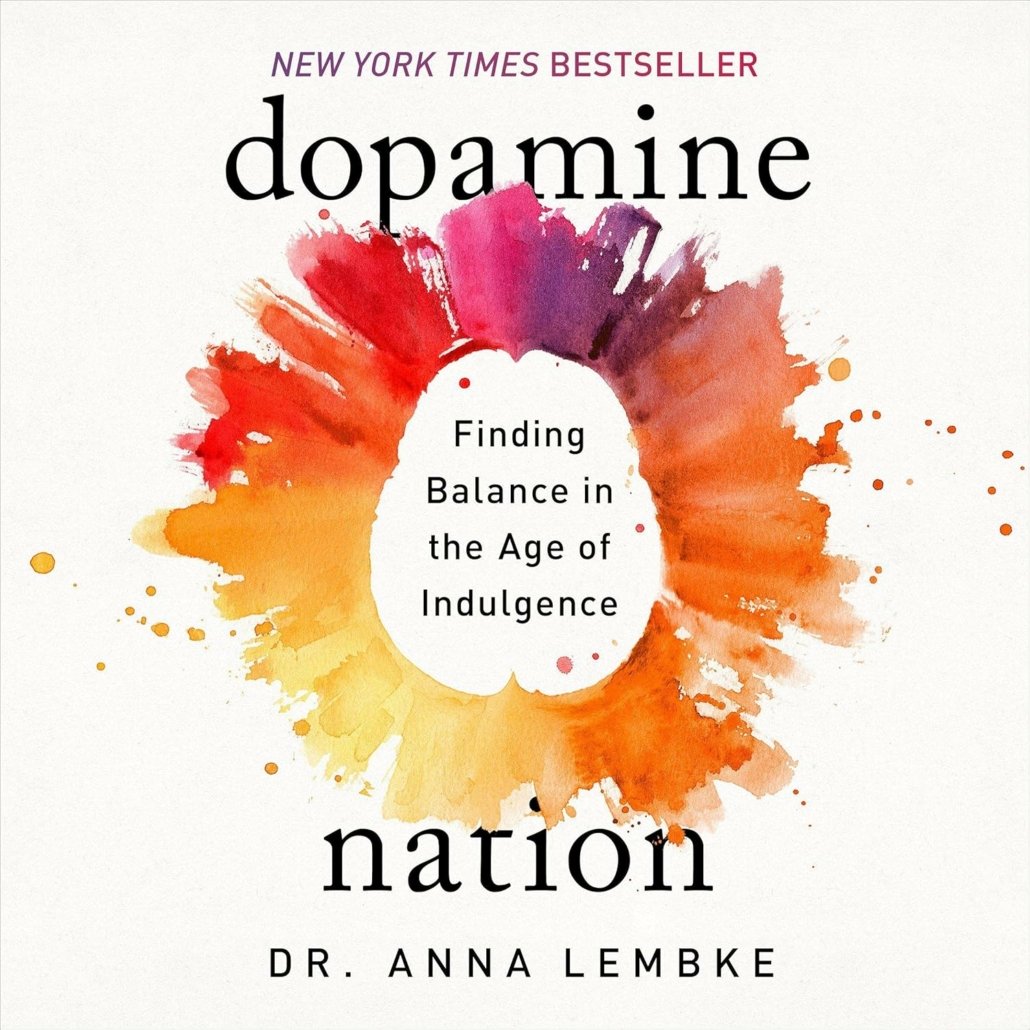
The central idea is explained through a simple and powerful metaphor: the pain-pleasure balance. Lembke, a Stanford addiction psychiatrist, explains that our brains have a seesaw. Every time we seek pleasure—from a delicious meal to a like on social media—our brain releases dopamine. This feels great, but the seesaw then tips to the side of pain to restore balance. In a world of constant stimulation, we’re continuously chasing the next hit of pleasure, which keeps our seesaw tipped firmly on the side of pain, leaving us feeling anxious, irritable, and craving more.
Lessons on The Balance
The key lesson from the book is that we can’t honestly find lasting contentment by relentlessly pursuing pleasure. The more we indulge, the more we push our brain’s seesaw towards pain, a phenomenon Lembke calls the paradox of indulgence. The way back to a state of balance isn’t to find an even bigger source of pleasure, but to deliberately step back. This might mean practising dopamine fasting or intentionally exposing ourselves to healthy doses of discomfort. By embracing things like cold showers, strenuous exercise, or even the simple act of sitting with boredom, we give our brain’s pleasure-pain balance a chance to reset, ultimately allowing us to find joy and fulfilment in the everyday moments.
The book isn’t just about the problem; it’s also about the solution. Lembke advocates for a period of dopamine fasting—taking a break from your chosen indulgence to allow the brain’s seesaw to reset. She also stresses the importance of embracing discomfort and pain as a means to find a more genuine and lasting sense of wellbeing. This includes activities such as cold-water immersion, strenuous exercise, or simply being present in the face of boredom. (Mindfulness!)
What makes Dopamine Nation so impactful is its blend of science, compelling patient stories, and actionable advice. Lembke’s tone is non-judgmental and empathetic, making the reader feel understood rather than lectured. It’s a powerful guide for anyone who feels overwhelmed by the constant pursuit of pleasure and is looking for a path to greater contentment and a more balanced life.
Find it on Amazon.

